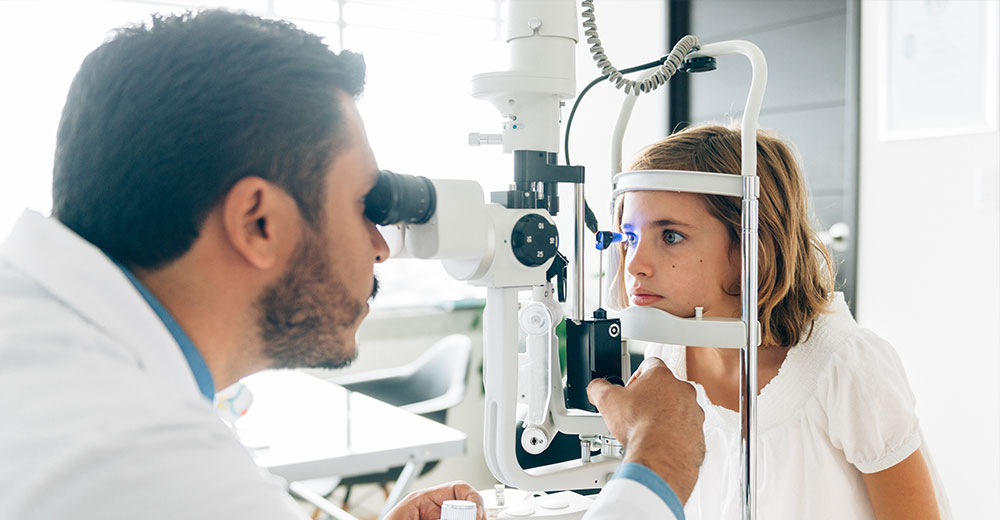Optometrist
Eyesight is a funny thing; a lot of people say they never needed to wear glasses until they started wearing glasses, which is their own way of saying “glasses make my eyes worse”.
For others, however, glasses might actually be a blessing in disguise as they discover everything they’ve been missing. By visiting an optometrist and having the necessary examinations, they might also discover a hidden condition that could send them blind, such as glaucoma or macular degeneration, allowing them to take appropriate action to halt (and in some cases, reverse) the damage.
An optometrist is a practitioner who has studied at university and gained the necessary qualifications to enable them to assess, diagnose, treat and manage conditions and diseases of the eyes. This could include, but is not limited to:

An optometrist can also prescribe glasses and contact lenses to correct vision defects, give advice on eye health and how to best look after your eyes. Some will even help you select a pair of glasses to suit your face and lifestyle, as well as your optical requirements. A good optometrist can help you with issues such as protecting your eyes (from the sun or risks you might experience at work), how to care for your contact lenses, the best lighting and environments for office workers or those who spend long periods of time at a computer, and how best to look after your eyes while playing contact sports. They should also be able to perform examinations and diagnose findings using state-of-the-art technology.